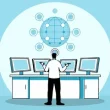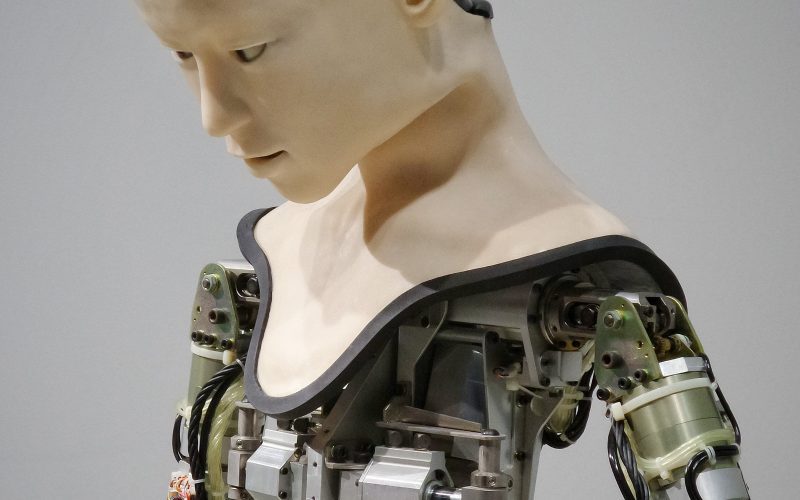In recent years, the amount of data available to scientists has exploded, thanks in large part to advances in technology and the growth of the internet. From genomic data to climate data to social media data, researchers have access to an unprecedented amount of information that has the potential to revolutionize the way we understand the world.
But with this deluge of data comes a new set of challenges. How do we make sense of all this information? How do we ensure that our analyses are accurate and unbiased? And how do we use this data to make real-world decisions that benefit society as a whole?
One solution is to harness the power of data analytics. By using sophisticated algorithms and computational tools, scientists can identify patterns and correlations in large datasets that would be impossible to detect with the naked eye. This has already led to major breakthroughs in fields like genomics, where researchers have used machine learning algorithms to identify new drug targets and better understand the underlying causes of diseases.
But the potential applications of data analytics extend far beyond the life sciences. In fields like economics, political science, and social psychology, researchers are using data analytics to uncover new insights into human behavior and decision-making. And in industries like finance and marketing, data analytics is being used to identify trends and make more informed business decisions.
Of course, there are also ethical concerns surrounding the use of data analytics, particularly when it comes to issues like privacy and bias. It is essential that researchers and practitioners adhere to ethical guidelines and take steps to ensure that their analyses are unbiased and transparent.
But despite these challenges, the data revolution offers a tremendous opportunity for science and society as a whole. By embracing the power of analytics and using data to inform our decisions, we can make great strides towards solving some of the world’s most pressing problems.












